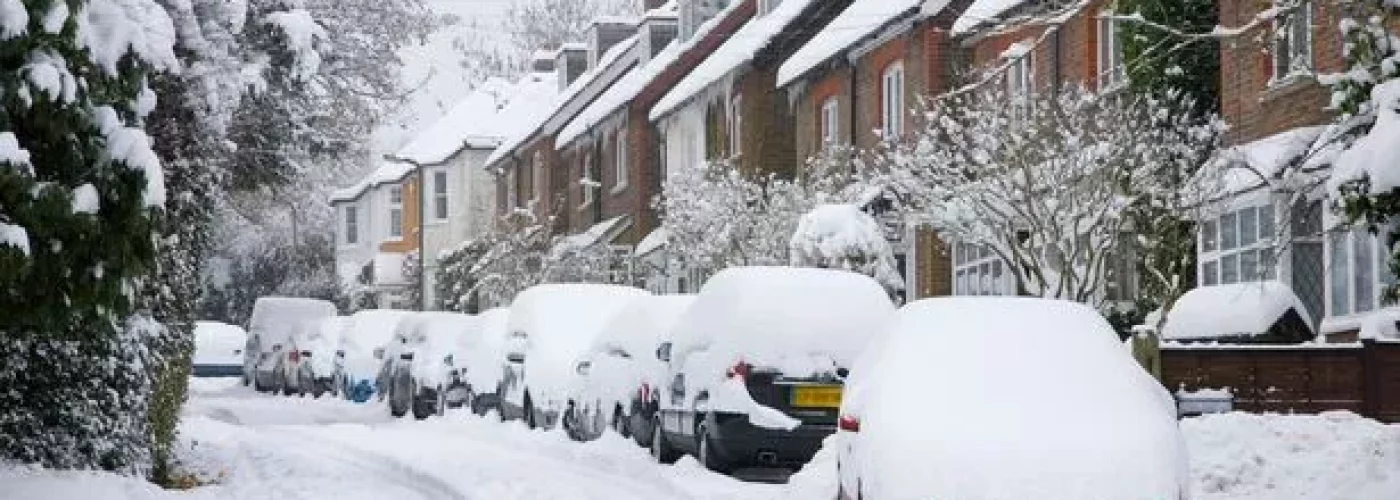After EDF Economy 7 tariff customers were left wondering how they would heat their homes this winter when the supplier almost doubled the price of its nighttime rate, Tamsin Lishman, CEO of UK based Ground Source Heat Pump manufacturer, The Kensa Group, has signalled we need to get serious about the way homes are heated.
Please see below her comments on this, as well as what needs to be done to protect consumers and how a ready to go energy-efficient alternative could provide a solution.
As the cold snap bites, it’s time to get serious about how we heat our homes…

Tamsin Lishman, CEO of The Kensa Group, said:
“I was concerned to read about the changes to EDF’s Economy 7 tariff and the knock-on effect of how many would now struggle to heat their homes. It’s a desperately sad story we’ve heard again and again over the last couple of years. Economy 7 tariff customers, who relied on paying much cheaper nighttime rates to heat their homes, have been hit by the double whammy of the 5% rise to the Ofgem price cup and EDF pushing through a 91% increase in its E7 nighttime rate.
“Many of those who’ll be hit by these charges are stuck with in-efficient storage heaters as their main source of warmth, and rarely by choice. Cold homes can cause or worsen many health conditions, and as the current cold period continues people in these properties will face tough decisions about how they use their heating, a choice they shouldn’t have to make.
“These factors only accelerate the need to replace inefficient heating in properties like these and give consumers more control over not just when they decide to use their heating, but also how much they pay for it. Improving properties and making them more efficient as part of the Net Zero transition will have long-lasting positive effects on society, including a potential NHS saving of £1.4bn a year.
“As the cold snap bites, it’s time to mention networked ground source heat pumps as a solution to our heating needs, especially for complex-to-decarbonise homes such as high-rise social housing blocks or terrace streets. Due to their discreetness, how they work, and the steady ambient temperature of the ground, networked ground source heat pumps provide efficient, cost-effective heating (and cooling) whatever the weather.
“We are seeing this transition happen and work in real life. In Thurrock, we recently completed a project for the council where we replaced inefficient, direct electric storage heaters in 273 high-rise flats, connecting them to a ground source heat network and installing a Shoebox ground source heat pump into each flat. This project has taken residents out of fuel poverty, slashed their energy bills by 66%, protected them against future price rise shocks and given every resident more control over how and when they heat their homes. This is one that I, and the entire team at Kensa, are really proud to have been a part of.
“We are about to embark upon the biggest transformation in home heating since the conversion to natural gas fifty years ago, and it’s critical the poorest in our society are not left behind. Night storage heaters, and their modern equivalents, are by far the most expensive and least efficient form of heating, condemning millions to fuel poverty in this country. It’s vital that no new homes are fitted with this technology, and it’s a matter of urgency that those already in existing homes are replaced.
“The introduction of an effective Future Homes Standard next year, along with a beefed up Boiler Upgrade Scheme and Social Housing Decarbonisation Fund, are needed to pave the way for positive changes to home heating. Public debate on decarbonisation so often centres around the impacts on the poorest in our society, and we can surely all agree that no one should be left paying £2,000 a year to heat a small flat with electric heaters. Removing them and getting behind a proven alternative is surely in everyone’s interests.”

Building, Design & Construction Magazine | The Choice of Industry Professionals





